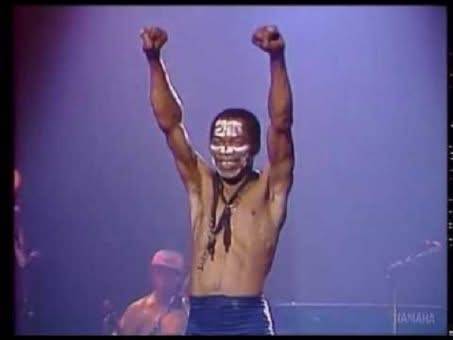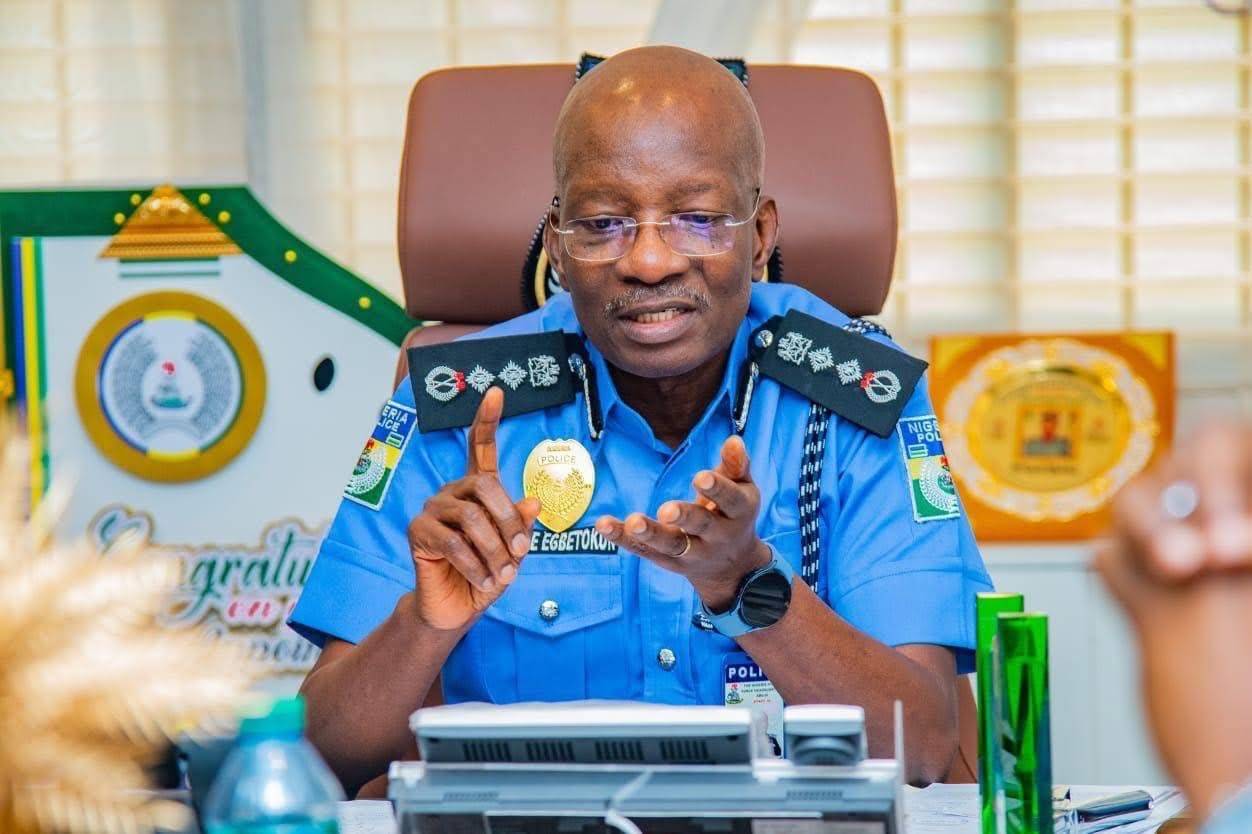Senior Russian military leaders discussed last month how and when they might use nuclear weapons on the battlefield in Ukraine, two US officials have told CBS News.
Vladimir Putin was not involved in the talks, they told the BBC’s US partner.
The White House said it had grown “increasingly concerned” about the potential use of nuclear weapons over the last few months.
But it stressed the US saw no sign of Russia preparing for such use.
That chimes with earlier Western intelligence assessments that Moscow has not been moving its nuclear weapons.
Kremlin spokesman Dmitry Peskov accused the West of “deliberately pumping up the topic”, although the timing of the high-level Russian military discussions in mid-October is significant.
By late September President Putin had escalated his nuclear and anti-Western rhetoric, talking about using all means at his disposal to protect Russia and the occupied Ukrainian lands he had annexed.
“This is not a bluff,” he said, accusing the West of unleashing nuclear blackmail and boasting of Russian weapons that were more modern than any in Nato’s armoury.
Responding to US media reports that Russia had discussed using nuclear weapons, White House national security spokesman John Kirby said: “We have grown increasingly concerned about the potential as these months have gone on.”
As Russia’s fortunes on the battlefield have waned, its nuclear threats appear to have increased.
Moscow has accused Ukraine of preparing a “dirty bomb”, laced with radioactive material, although Ukraine and the West say Russia is merely trying to create a pretext to blame Kyiv if such a device is used.
Russia’s Defence Minister, Sergei Shoigu, made a point of contacting his counterparts in the US, Turkey and France to talk about the alleged Ukrainian plot. However, when Russia’s defence ministry produced photos to illustrate its findings, the government of Slovenia quickly pointed out that the images had been borrowed from its Radioactive Waste Management Agency and showed smoke detectors dating back to 2010.
In recent weeks, Russia’s nuclear doctrine has come under close scrutiny on the circumstances in which it could use nuclear arms, in particular a “tactical” weapon that might be unleashed on the battlefield in Ukraine.
A tactical nuclear weapon is for use in combat, as opposed to the larger “strategic” weapons which are designed to cause massive destruction.
When Russia held routine nuclear exercises last week, it was under the scenario that it was retaliating to an enemy’s nuclear attack with a larger-scale strategic weapon. Mr Putin was adamant that Russia’s nuclear doctrine only allowed the defensive use of nuclear arms.
But on Tuesday the deputy head of Russia’s security council, Dmitry Medvedev, highlighted another element of Russia’s doctrine – nuclear use in the event of an existential threat to the state. He pointed out that Ukraine’s war aims were to recover all the territories that previously belonged to it, and that in itself was an existential threat.
Mr Medvedev may not necessarily have the president’s ear, but his comments do reflect Mr Putin’s belief that formally annexing large areas of southern and eastern Ukraine has made them Russian territory, even if they are not recognised as part of Russia by the international community.
And in a statement on Wednesday, the Russian foreign ministry reiterated that Moscow was entitled to use nuclear weapons in response to “an aggression with the use of conventional weapons when the very existence of the state is in jeopardy”.
UK Defence Secretary Ben Wallace said there would be “severe consequences” if Russia used a tactical nuclear weapon on the battlefield in Ukraine. He told MPs he would not speculate on what those might be.
Asked last week by the BBC to deny categorically that Russia would use nuclear weapons in Ukraine, the head of the SVR foreign intelligence service, Sergei Naryshkin, said it was very concerned about Western rhetoric and accused Ukraine’s leadership of trying to acquire nuclear arms.
Source: BBC












